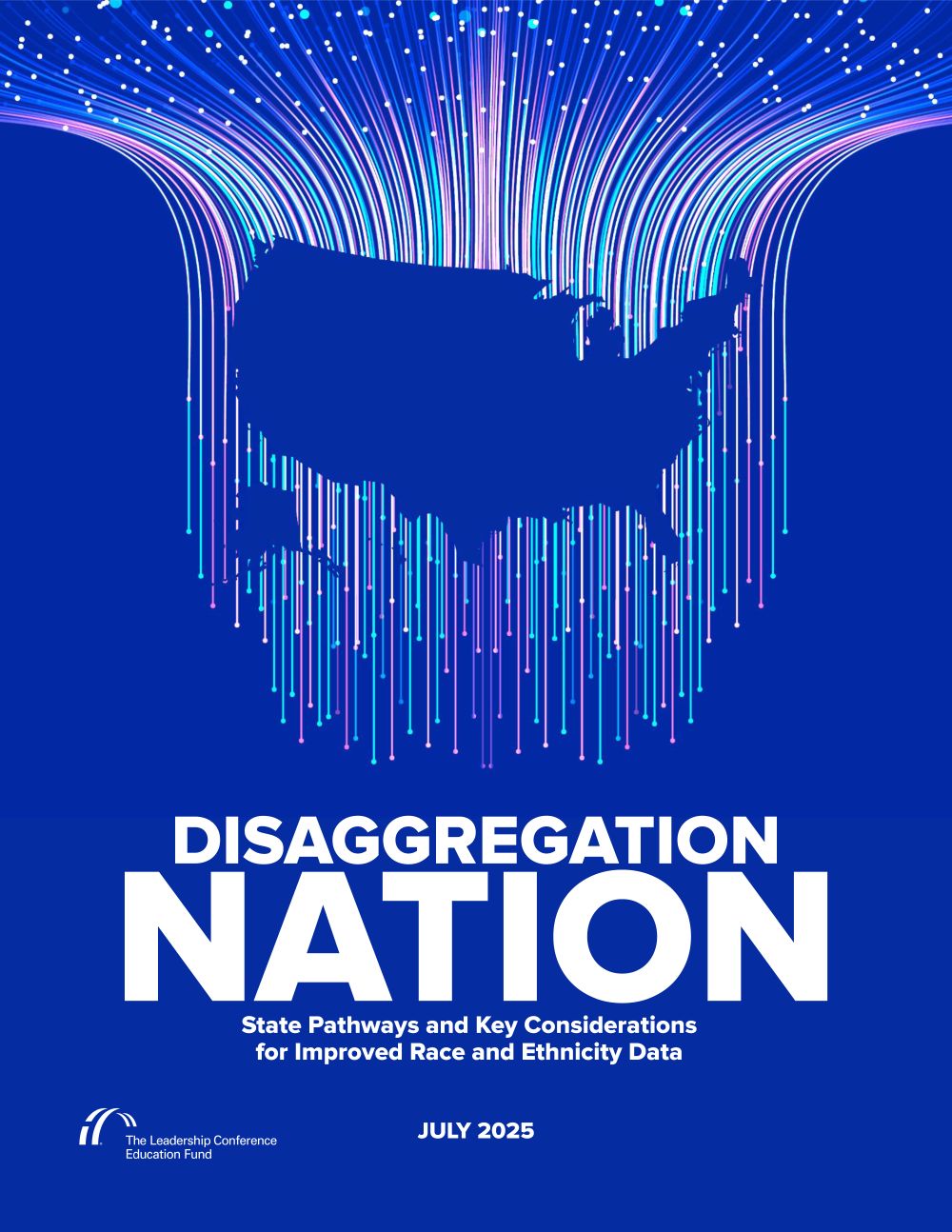Laws
Washington Requires the Collection of Disaggregated Data for More than 70 Race and Ethnicity Categories (Hospitals)
State law requires hospitals to collect discharge information on a patient’s ethnicity, race, preferred language, disability, gender identity, and sexual orientation. When requesting demographic information under this section, hospitals must inform patients that providing the information is voluntary. WA ST 246-455-025
“The Patient’s race shall be identified by the patient and reported using one or more of the following categories. If the patient self-identifies more than one race, each race shall be reported.”
- Afghan;
- Afro-Caribbean;
- Alaska Native;
- American Indian;
- Arab;
- Asian;
- Asian Indian;
- Bamar/Burman/ Burmese;
- Bangladeshi;
- Bhutanese;
- Black or African American;
- Central American;
- Cham;
- Chicano/a or Chicanx;
- Chinese;
- Congolese;
- Cuban;
- Dominican;
- Egyptian;
- Eritrean;
- Ethiopian;
- Fijian;
- Filipino;
- First Nations;
- Guamanian or Chamorro;
- Hmong/Mong;
- Indigenous-Latino/a or Indigenous-Latinx;
- Indonesian;
- Iranian;
- Iraqi;
- Japanese;
- Jordanian;
- Karen;
- Kenyan;
- Khmer/Cambodian
- Korean;
- Kuwaiti;
- Lao;
- Lebanese;
- Malaysian;
- Marshallese;
- Mestizo;
- Mexican/Mexican American;
- Middle Eastern;
- Mien;
- Moroccan;
- Native Hawaiian;
- Nepalese;
- North African;
- Oromo;
- Pacific Islander;
- Pakistani;
- Puerto Rican;
- Romanian/ Rumanian;
- Russian;
- Samoan;
- Saudi Arabian;
- Somali;
- South African;
- South American;
- Syrian;
- Taiwanese;
- Thai;
- Tongan;
- Ugandan;
- Ukrainian;
- Vietnamese;
- White;
- Yemeni;
- Other race;
- Patient declined to respond; and
- Unknown to patient.
Another law requires collection of student data disaggregated by sub-racial and sub-ethnic categories, to be phased in beginning in 2017-18. RCW 28A.300.042
“The OSPI (Office of the Superintendent of Public Instruction) must collect, and school districts must submit, student data using federal race and ethnicity guidelines, including subracial and subethnic categories, with the following additions:
- further disaggregation of the African American/Black category and Asian category;
- further disaggregation of the White category to include Eastern European nationalities with significant populations in Washington; and,
- reporting of students by their discrete racial categories if they report as multi-racial.”
Additionally, the OSPI must convene a task force to review the U.S. Department of Education guidelines to clarify why collection of race and ethnicity data is important and how students and families can help administrators properly identify them.
A number of statutes related to education refer to the disaggregated racial categories above, including 28A.183.030 (technical assistance program in language access services), 28A.300.507 (information on teachers and length of stay), 28A.320.211 (discipline policies), 28A.320.1241 (school safety and security staff), and WA ST 28A.165.100 (entrance and exit performance data).
Bills
No recent bills were found that require the disaggregation of racial or ethnic data collection.
Other
The Washington State Board for Community and Technical Colleges (SBCTC) started providing student applicants with expanded options for ethnic identifiers. The identifiers critically include Southeast Asian American (SEAA) ethnicities that are historically unacknowledged and underrepresented in educational and economic opportunities — Hmong and Mienh, in addition to Cambodian, Laotian, and Vietnamese. This change to disaggregate SBCTC’s student data will ensure that SEAAs are seen and supported by the 34 public community and technical colleges in Washington State, which is home to more than 126,000 SEAAs. (As of Aug 2020) SEARAC Washington State Postsecondary Education Moves to Disaggregate Data.

